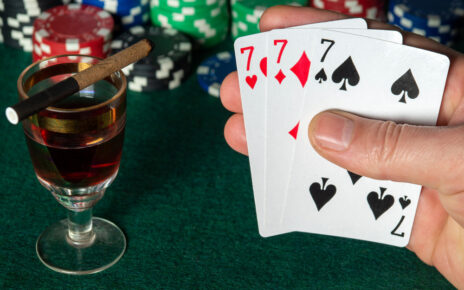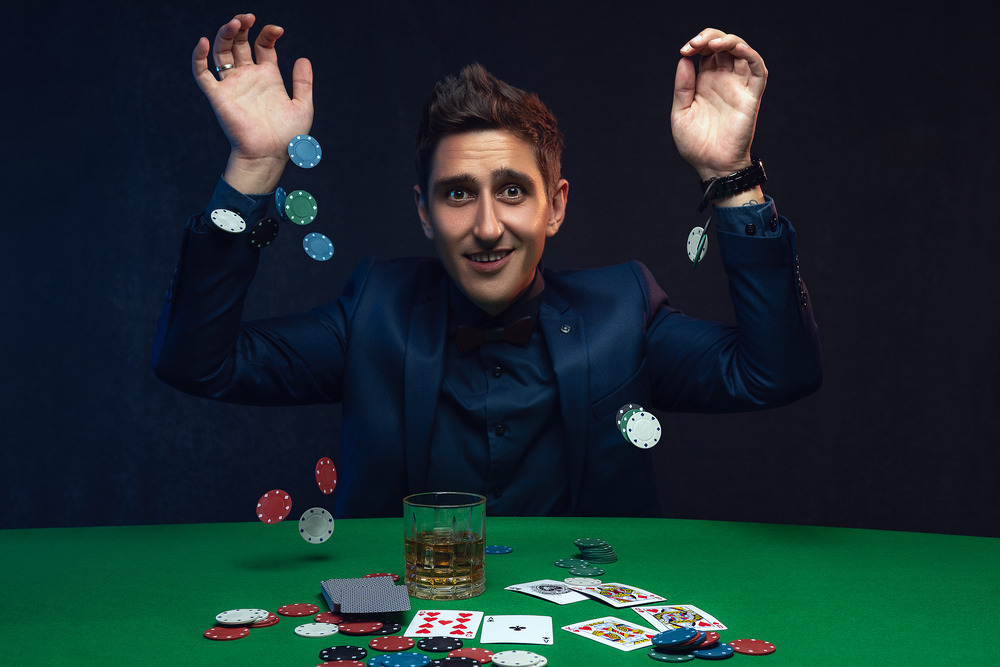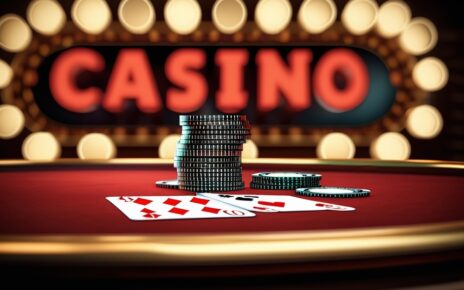Exploring the realm of gambling prompts contemplation of the factors influencing decision-making processes. The interplay of risk assessment, potential rewards, and cognitive mechanisms forms a complex web of behavior.
Delving into the psychology underpinning one’s gambling tendencies can offer valuable insights into the underlying motivations guiding choices. By untangling these psychological intricacies, individuals may unearth unexpected revelations that could reshape their approach to future gambling endeavors.
The Allure of Risk and Reward
The psychology of gambling is often driven by the interplay of risk and reward, which can attract individuals to engage in betting and wagering activities. The uncertain outcome, the potential for significant winnings, and the rush of excitement associated with placing bets can be compelling factors. These aspects may trigger the release of dopamine in the brain, which can reinforce the behavior and contribute to a sense of excitement.
The appeal of not knowing the final result, combined with the chance of substantial profits, can create a mix of emotions that may encourage continued participation.
It’s important, however, to be mindful of the distinction between enjoyment and the risk of developing an addiction. Understanding one’s motivations for gambling and establishing boundaries are essential steps in maintaining a balanced approach to engaging in such activities.
Cognitive Biases in Decision-Making
Cognitive biases play a significant role in decision-making within the context of gambling activities. Biases such as confirmation bias and availability heuristic can distort the judgment of individuals, leading them to make decisions based on faulty reasoning rather than objective information.
For instance, confirmation bias may prompt individuals to selectively seek out information that aligns with their existing beliefs about a particular bet, while disregarding conflicting evidence. Similarly, the availability heuristic can cause individuals to overestimate their chances of winning by placing undue importance on recent wins they’ve witnessed or experienced.
Awareness of these cognitive biases is crucial for making more informed and rational decisions when engaging in gambling. By recognizing and understanding these biases, individuals can avoid being swayed by misleading information and prevent themselves from falling into cognitive traps.
It’s essential to approach gambling decisions with a critical mindset, considering all available information objectively rather than relying on biased perceptions.
Emotional Triggers in Gambling Behavior
Emotions significantly impact gambling behavior, influencing individuals to make decisions based on feelings rather than rationality. Emotional triggers in gambling can prompt individuals to act impulsively and make risky choices. These triggers include:
-
Excitement: The excitement of winning may lead to impulsive betting behavior.
-
Fear: The fear of losing can drive individuals to take greater risks in an attempt to recover losses.
-
Hope: Belief in a lucky streak can distort judgment and result in excessive gambling.
-
Regret: Trying to recoup losses due to regret can escalate financial harm.
-
Euphoria: Winning large sums can create a false sense of confidence, leading to irresponsible actions.
It is essential for individuals to recognize and manage these emotional triggers to make informed and responsible decisions in gambling activities.
Social Influences on Gambling Habits
Social influences can significantly impact individuals’ gambling habits. Peer pressure, societal norms, and cultural attitudes towards gambling all play a role in shaping behavior.
For instance, individuals may feel compelled to gamble if their friends or family members frequently engage in such activities to fit in or bond with them. Moreover, the normalization of gambling by celebrities or influencers can influence individuals’ perceptions of the behavior.
It’s crucial for individuals to recognize these social influences and make informed decisions about their gambling habits to ensure alignment with their values and goals.
Strategies for Responsible Gambling
To promote responsible gambling behavior, it’s recommended to implement practical strategies. Here are some tips that can help individuals gamble responsibly:
- Establish clear limits on both time and money allocated for gambling activities.
- Refrain from trying to recover losses through additional gambling, recognizing that outcomes are inherently unpredictable.
- Take regular breaks during gambling sessions to maintain a balanced perspective.
- Pursue other interests and hobbies to prevent excessive involvement in gambling.
- Seek assistance from supportive individuals or professional resources if gambling behavior becomes unmanageable.
I recommend to check out our Beginner’s Guide to Casino Games here: https://onlinecasinoforrealmoney.us.com/2024/11/04/the-ultimate-beginners-guide-to-casino-games/
Conclusion
In conclusion, gaining insight into the psychology underlying your gambling behavior is crucial for making well-informed decisions and setting healthy boundaries. Understanding the appeal of risk and reward, cognitive biases affecting decision-making processes, emotional triggers, and social influences can help you manage impulses and cultivate responsible gambling habits. It is important to remain mindful of these psychological factors and employ strategies to ensure a positive and enjoyable gambling experience.




